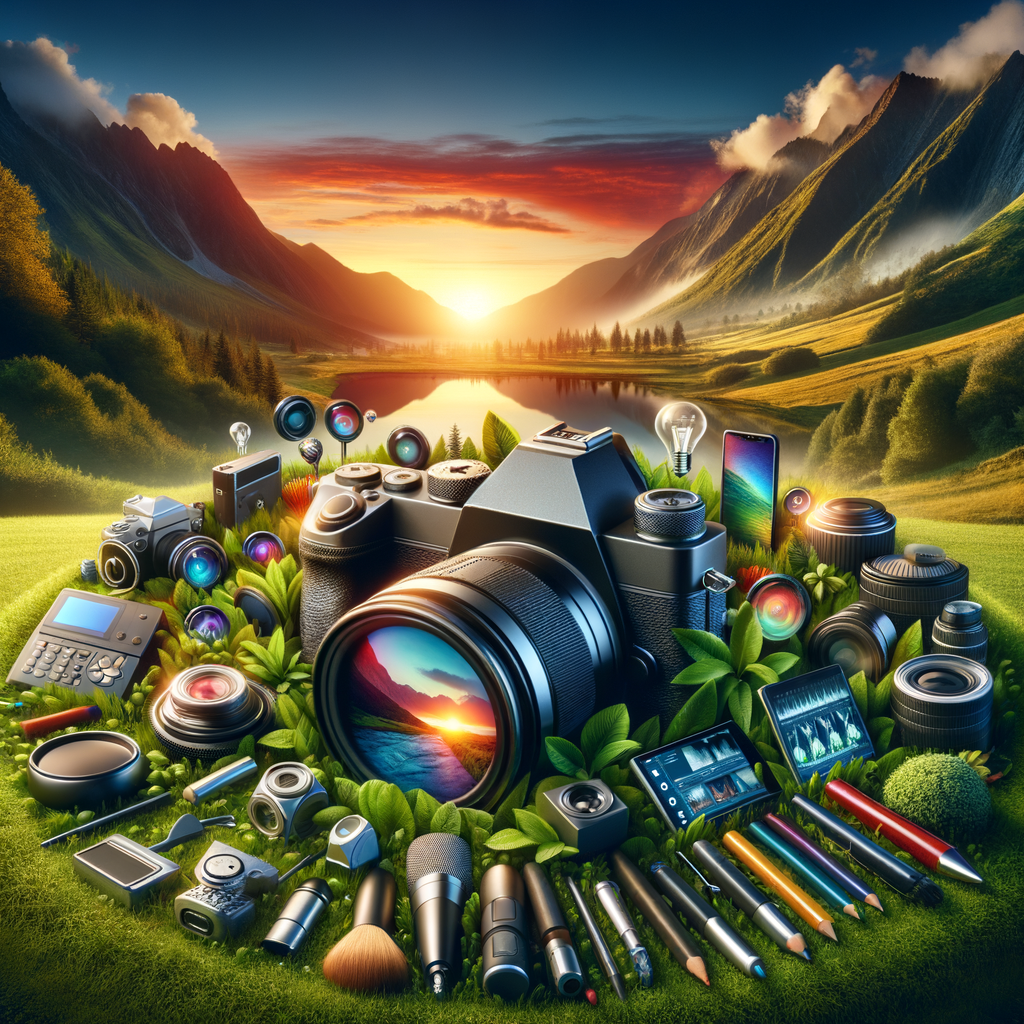
Photography as an art form has undergone significant changes with the advent of the digital age. Modern technology has not only simplified the shooting process but also opened new horizons for creativity. In this article, we will explore how digital technologies impact photography and what changes we can expect in the future.
Digital photography has changed the familiar shooting process. Whereas photographers once relied on film and a limited number of frames, today they can take an infinite number of images without the need for film development. This has also significantly reduced costs, making photography more accessible to a broader audience.
One of the most noticeable transformations has been the emergence of digital cameras. Today, there are numerous models to suit every taste and budget, ranging from compact cameras to professional DSLR and mirrorless systems. These devices offer high resolution, fast autofocus, and various features that make the shooting process much easier.
However, the cameras are not the only key players in digital photography. Software for post-processing plays a huge role as well. Programs such as Adobe Photoshop and Lightroom allow for amazing transformations of photos, giving both professional photographers and amateurs the ability to realize their most ambitious creative ideas.
With post-processing, you can not only increase the brightness or contrast of an image but also alter it entirely. Some photographers even create their own graphic elements using 3D modeling and digital painting technologies. This expands the horizons of photography, allowing the creation of unique works of art that go beyond the traditional understanding of the medium.
It's also worth noting that with the rise of social media, photography has become an important means of self-expression. Platforms like Instagram enable everyone to share their work with an audience, receiving instant feedback. This has created a new culture and community of photographers who inspire each other and develop their skills.
However, despite all the advantages, digitalization has also brought some challenges. The emergence of technologies such as AI for image editing has raised questions about authenticity and authorship in photography. One must consider how altered an image can be after processing with AI, and where the line lies between art and manipulation.
In the future, we can expect new technologies and methods that will further change the world of photography. Virtual and augmented reality, for example, present new opportunities for photographers, allowing them to create immersive experiences that transport viewers into the worlds they create.
In conclusion, the digital age has had a significant impact on photography, expanding the possibilities of this art form. At present, anyone armed with a digital camera or smartphone can become a photographer, and creative experimentation and innovative technologies continue to shape the future of the field.


